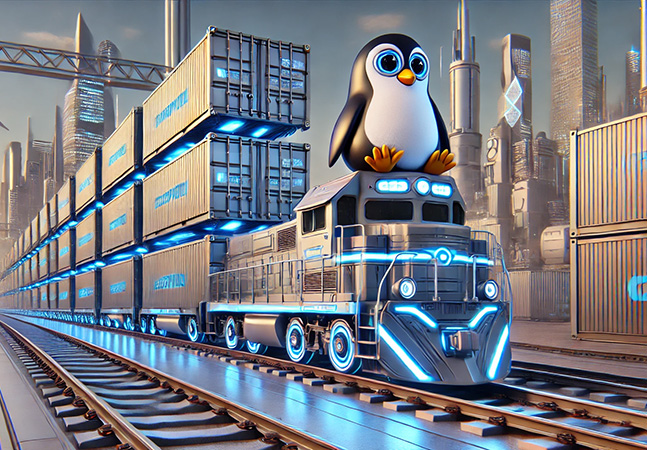
With cybersecurity affecting everyone, a multicloud environment might be of special concern because of all the moving parts and associated system and their connections, possibly introducing new attack vectors or specialized attack strategies, so front-line expert Chris Spinks provides action-item best practices.

After Microsoft seized on its OpenAI partnership to establish a solid leadership position in the cloud AI space, and Google quickly declared a "code red" emergency to catch up with first Bard and then Gemini, Amazon wasn't making as much news in AI. That has changed.

Google opened up access to Gemini 2.0, a significant update to its flagship AI, targeting enterprise users and developers with enhanced multimodal capabilities and improved performance.

GenAI dominates the new Nutanix Cloud Index, the latest in a years-long series of surveys the hybrid multicloud specialist publishes to measure global enterprise progress with cloud adoption. The 2025 report published today reveals that GenAI is changing organizations' priorities, with security and privacy being a primary concern.

The Cloud Security Alliance has weighed in on the debut of revolutionary and controversial DeepSeek AI with strategic implications and action items just as a report was published on data leakage from the platform.

Microsoft, Amazon and Google have all embraced new open-source DeepSeek AI technology from a Chinese company, despite its usage being banned by many organizations due to concerns about data security, privacy, compliance, and national security risks.

The new "2025 State of the Cloud" report from multicloud specialist Rackspace defines and explains the characteristics of a "cloud leader."

Post-acquisition defections have been trumpeted by benefactors, with the latest being Nutanix announcing that Evalueserve, a global research and analytics firm, has chosen Nutanix to replace its VMware-based virtualization infrastructure.

Tom Fenton concludes his exploration of Flatcar Container Linux, recently accepted as an incubating project by the Cloud Native Computing Foundation.

After it catches his attention at KubeCon, where it was accepted by the Cloud Native Computing Foundation as an incubating project, Tom Fenton tackles deployment.

The "Responsible AI" movement seeks to help organizations build and maintain trust with users, stakeholders and society at large -- and maybe even avoid those pesky "AI-Kills-Humanity" scenarios -- but a new report indicates it just makes good business sense, too.

After it catches his attention at KubeCon, where it was accepted by the Cloud Native Computing Foundation as an incubating project, Tom Fenton puts it through its paces.

Ransomware is at an all-time high, and it will only get worse in 2025. To help organizations prepare for the new-year onslaught, cloud architect Joey D'Antoni shared his hard-won expertise, starting with the basics.

Guidance abounds about cloud security -- apparently with little effect judging by the current state of ransomware and other attacks -- but sometimes the best advice from experts straight from the front lines is best presented in easily digestible chunks.

"By 2027, AI assistants and AI-enhanced workflows incorporated into data integration tools will reduce manual intervention by 60 percent and enable self-service data management."

Expert guidance abounds for enterprises to protect themselves against ransomware, phishing and other cyberattacks, but sometimes that advice is more effective when dispensed with real-world examples for specific scenarios.

Rubrik says it's brining cyber posture and cyber recovery to provide Microsoft Azure Blob Storage customers further visibility into their cloud data, enabling business agility and resilience.

Tom Fenton finds talk about patent trolls, AI, new products and more.

Aim is to help organizations modernize their VMs and applications while enhancing cyber resilience, offering features like easier migration, faster data recovery, and unified data management across virtualized environments to help better protect against evolving threats.